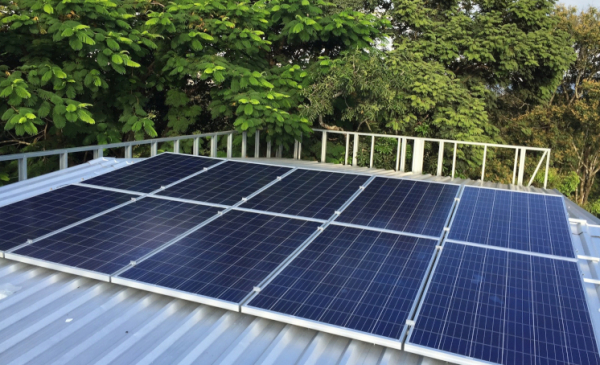There are apparent costs you can save on after purchasing solar panels. However, not all of these costs are public knowledge. Dive in to find out what solar panels offer and what people miss out on when they opt not to install them.
What Are Non-Solar Panel Owners Missing Out On?
Solar panels can be found on the roof of several buildings, from the rooftops of offices and households to those of health maintenance organisations. That's right, even HMOs have solar panels installed on their rooftops. So, the question is, what about those who don't?
Firstly, you have to consider the mechanism by which solar panels help achieve energy generation. The presence of minimal carbon footprints means that solar panels are more eco-friendly. It's a massive bonus to society and sets the community on its path to a greener earth.
But that's a more general perk of solar panels. How does it affect you and your HMO personally? The most obvious one is the extra funds that are saved. You see, solar panels are one-time investments, meaning you only ever have to pay once, and you're on your way to sustainable power delivery.
Think about it: what's better, paying incessant light bills monthly or paying once for energy that 2-3 decades? That's right; one solar panel system guarantees up to 30 years of power generation when appropriately maintained.
On one hand, solar panels aren't the cheapest in the market, but when you think long-term, the value is worth every pound spent. To make things better, there are various methods for financing solar panels. You have the option of renting solar panels or opting for solar loans.
Are Solar Panels Worth It?
Aside from the savings from buying solar panels, you also gain from net metering. Since you only pay for the power you need, you profit from unused energy. Net metering is simply a process by which owners sell unused energy back to the grid. So, not only do you save on light costs, but you gain even more by sending excess power to the grid, a win-win.
Solar batteries and inverters help store electricity for later use, making it easier to avoid energy wastage. For the more expensive residences, solar panels offer a cheaper alternative to the high electric bills. But before that, people need to consider how compatible their households are with solar panels.
In that case, before seeking the assistance of solar panel companies like The Solar Co, there are some factors you need to consider:
How much is your electricity rate, and will you save by buying solar panels?
Think of the hidden tax incentives you'll be benefitting
A larger home needs a more extensive panel
How frequent is the power outage in your area? Wouldn't it be more cost-effective to install solar panels as backups rather than spend on fossil fuels?











